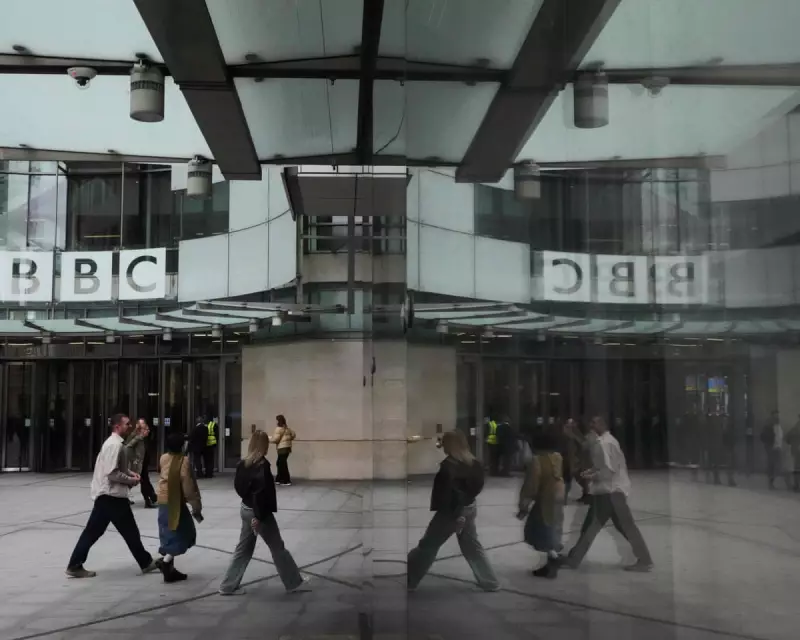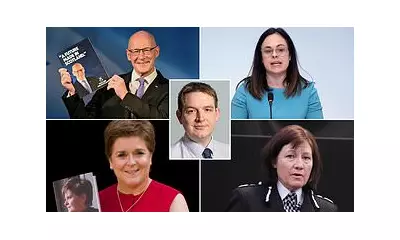
BBC's Documentary Error Ignites Political Firestorm
The BBC finds itself at the centre of a major controversy following a significant editing error in a documentary about Donald Trump. The mistake, which occurred during post-production, involved juxtaposing two clips of the former US president speaking to his supporters in Washington. While the edited version suggested these moments happened consecutively, nearly an hour separated the original footage.
This editorial decision created the misleading impression that Trump had delivered an unmistakable call for violence during the Capitol riot. While he undoubtedly made inflammatory statements and bears significant responsibility for the events of that day, the specific direct instruction implied by the BBC's edit did not occur. The documentary was originally published last year before the US presidential election.
Executive Resignations and Mounting Pressure
The aftermath has been severe, with two top BBC news executives resigning: director general Tim Davie and chief executive of BBC News Deborah Turness. Meanwhile, Donald Trump, known for his litigious nature, is threatening to sue the broadcaster for $1bn. His spokesperson has seized upon a leaked critical memo from a former BBC adviser to label the corporation as "100% fake news".
The situation has escalated into what some describe as an existential crisis for the BBC. In today's highly polarised political climate, the controversy has provided ammunition for critics on multiple fronts. The broadcaster's coverage of both the Gaza conflict and transgender rights already faced scrutiny, and some politicians are now using this latest issue to encourage Britons to refuse paying the television licence fee that funds the organisation.
A Familiar Pattern of Legal Intimidation
For American observers, Trump's tactics appear familiar. He has frequently used lawsuits or legal threats as political weapons to undermine reality-based journalism and control political narratives. This approach predates his presidency but has recently yielded success, with multimillion-dollar settlements from news organisations including ABC News and CBS News.
Legal experts have noted that these cases could likely have been successfully defended in court, making the settlements a form of capitulation. CNN's Brian Stelter described Trump's demand letter to the BBC as "the Trump squeeze in action," setting a deadline for retraction and compensation.
Despite the seriousness of the editing error, many media analysts argue the response has become disproportionate. Former Guardian editor Alan Rusbridger noted in Prospect that the BBC remains "the most trusted news organisation in the UK" and is highly regarded in America, ranking as the second most trusted news source behind the Weather Channel.
The broadcaster has taken some corrective actions, including BBC presenter Ros Atkins publishing a fair-minded piece that provided important context about how political pressure has been building over time. However, media commentators suggest the BBC should follow the example of the New York Times and Wall Street Journal by defending itself in court if a lawsuit materialises, rather than capitulating to Trump's demands.
As Margaret Sullivan observes in her Guardian column, mistakes happen in journalism - that's inevitable. But even serious errors don't negate the importance of a free and independent press, of which the BBC remains a crucial component both in the United Kingdom and internationally.





